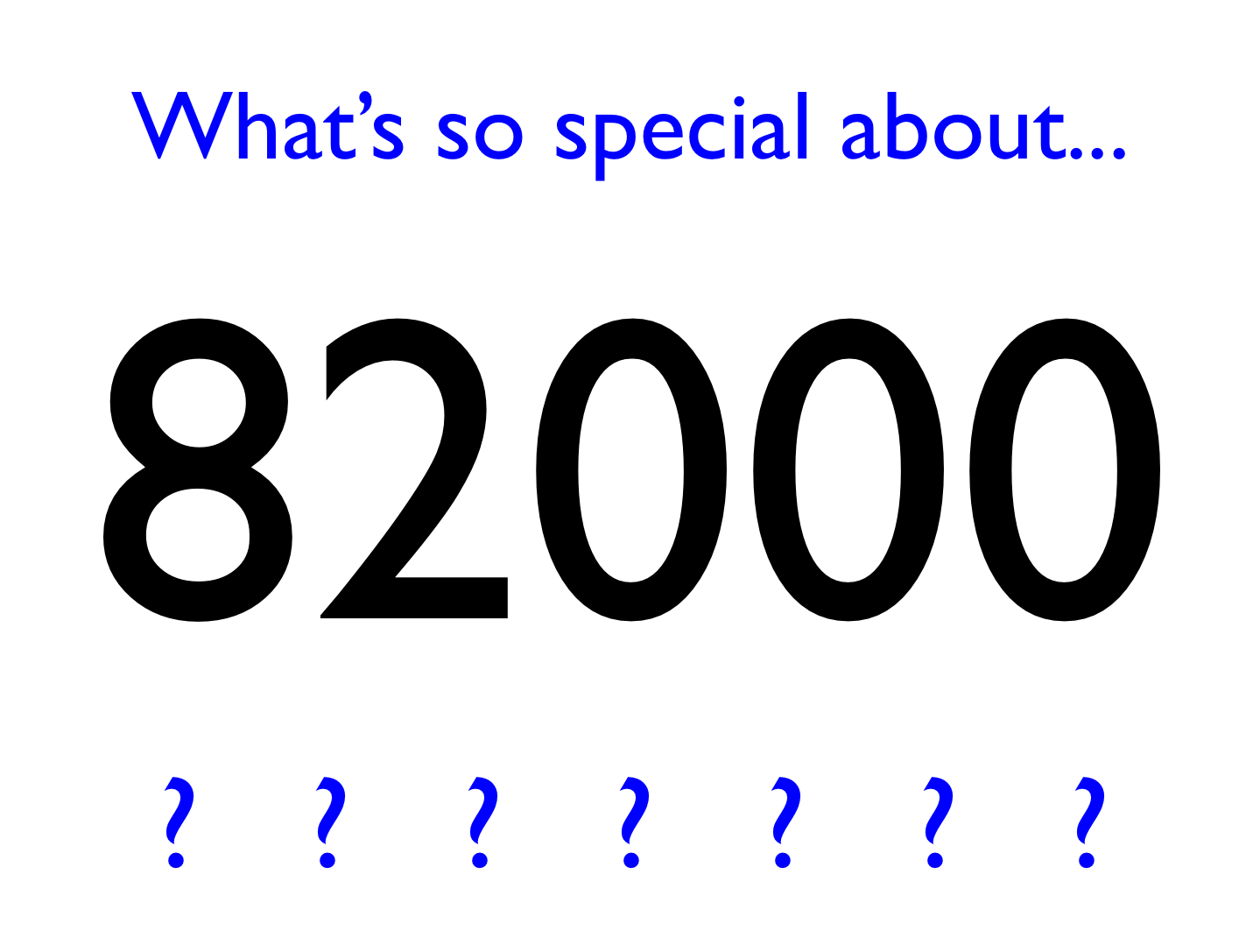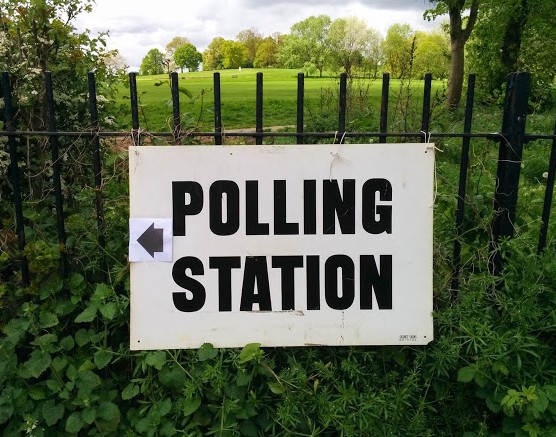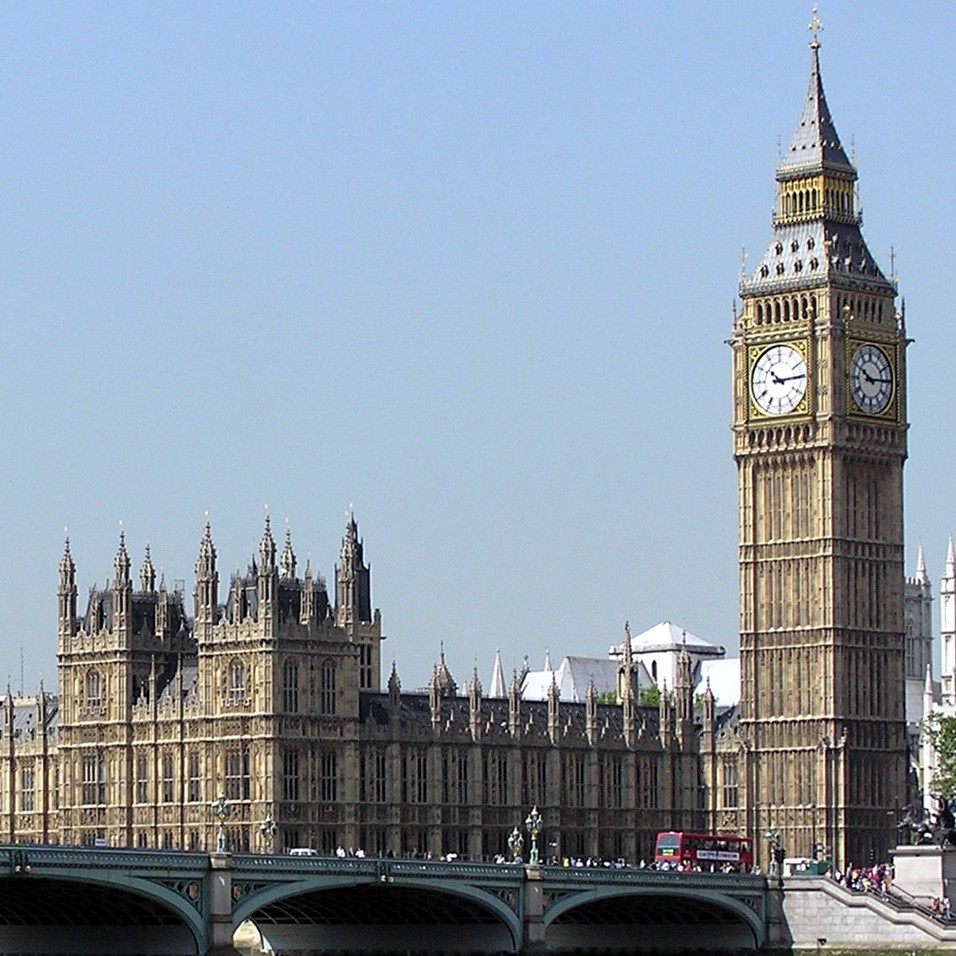I recently interviewed Carl Cullinane, mastermind behind the fantastic electoral data website Democratic Dashboard, as part of my work for the Global Lab podcast. Continue reading
Tag Archives: GE2015
82000 and all that
 .
.
The 82000 sequence that I posted the other day seems to have caught the imagination in a few quarters. Continue reading
Where it went wrong for the “Anti-Tory Majority”
Just before the UK general election last week, using the probabilities of victory for each party in each seat calculated by electionforecast.co.uk, I posted a set of PDFs for keeping track of the separate battles that would define the contest. The focus was on whether the various left-leaning parties (Labour, SNP, Plaid Cymru, Green, SDLP, plus a couple of independents) across the UK could build a so-called “Anti-Tory Majority”, gaining the 323 seats necessary* to vote down a Conservative Queen’s Speech and thus prevent David Cameron from continuing as Prime Minister, in a widely predicted hung parliament scenario.
Using the probabilities from Election Forecast, I identified the 131 most likely seats that the left-bloc could win in Great Britain (actually 132, since the 131st and 132nd seats on the list were judged to be equally likely wins), which, when added to 188 “safe” Labour seats in England and 4 likely seats for allies in Northern Ireland, would add up to the magic 323. The 131 target seats were highlighted on the PDFs (see below).
Things looked fairly good for the “Anti-Tory Alliance”, since they were favoured by Election Forecast in 137 of the seats that I listed, six more than they needed. However, on election night, the Conservatives far outperformed expectations, winning 331 seats: a parliamentary majority without needing the support of any other parties.
Where did things go wrong for them?
Election Night Battleground Info-Sheets
Planning to avidly follow the election results this evening? No? Oh…
Here is a seat-by-seat set of fact sheets for following each subcontest of the election, with 2010 results, predicted probabilities of victory for each party (taken from electionforecast.co.uk, updated after their final forecast) and any prominent candidates that I could think of. Continue reading
Election predictions and statistical independence
Here’s an article on predicting the UK election: CLICK HERE
In the piece, I raise some queries about two very interesting articles from the excellent election news site May2015. The articles (here and here) suggest that David Cameron faces an extremely difficult task to remain as prime minister, based on the mathematics of how national polls will translate into parliamentary seats. I wonder whether the statistics support the level of confidence with which this conclusion is presented.



